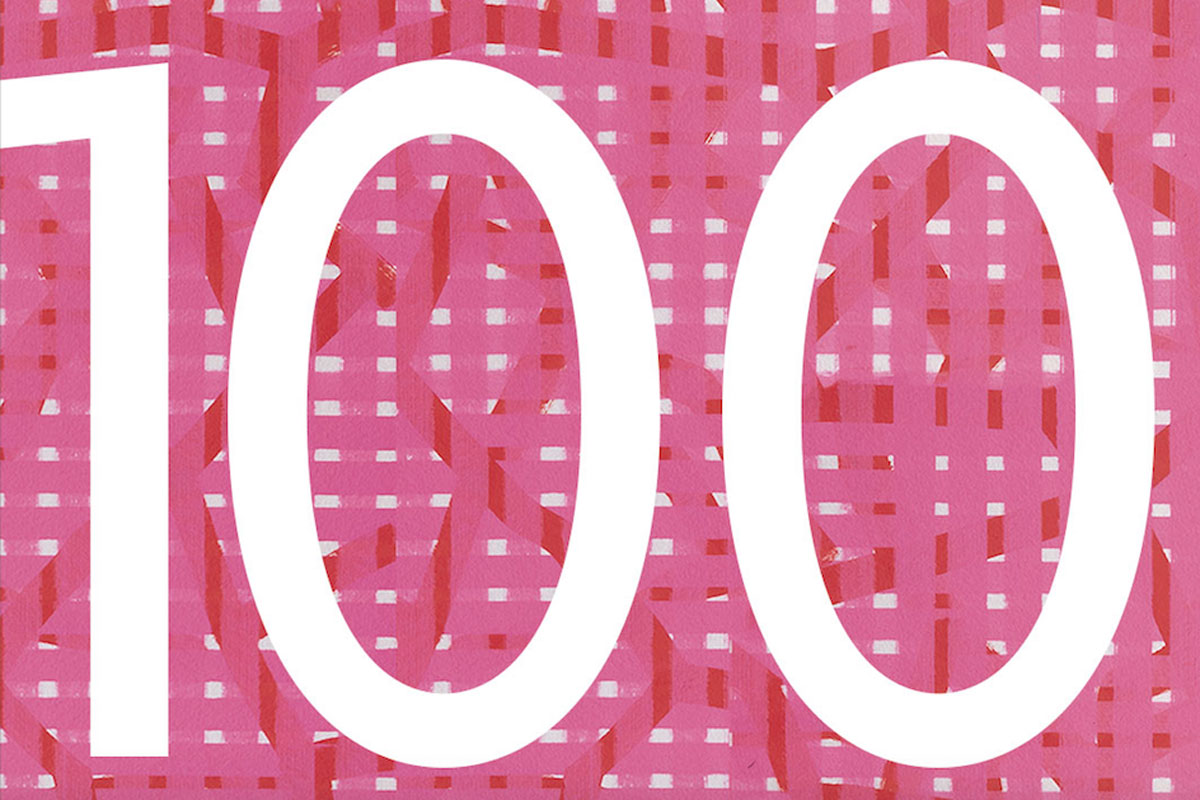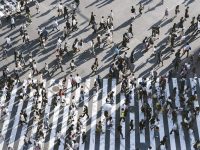
The preconceived ideas we have about the world and about many aspects of our lives are deeply influenced by the results of the research activity we call science. A large part of the decisions we make as a society and as individuals depends on information that needs to be rigorous; that is, scientific. This is the reason why having information about scientific results and ideas is essential for citizens today. Science is an ongoing process of reflection, rather than immutable and monolithic doctrine, so we need tools to develop these complex ideas and make them available for everyone. This has been Mètode’s undertaking for a hundred issues now.
Current times can be especially critical for our global human society. The human species has reached very high levels of expansion and longevity. We have reached the most inhospitable corners of the planet and the effects of our activity can be perceived in all of them. At the same time, we have created procedures that allow us have a profound effect on matter and on living beings, including our species. We have built all sorts of artifacts and incorporated them into our daily life, improving our communication, our transportation, or our ability to manufacture new artifacts. Everything we know and everything we created should allow us to answer our pending challenges, but also create new ones. On the occasion of the 100th issue of Mètode, we present reflections on some of these challenges, such as food and energy production, environmentalism, the processing of information, genetic modification, or synthetic biology.



